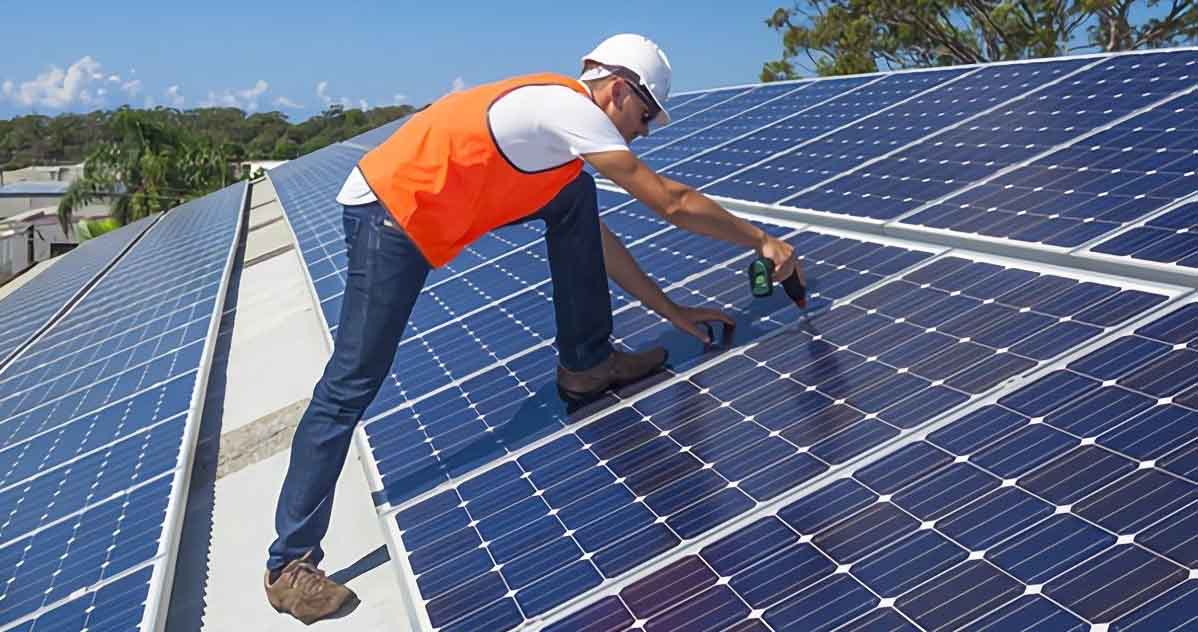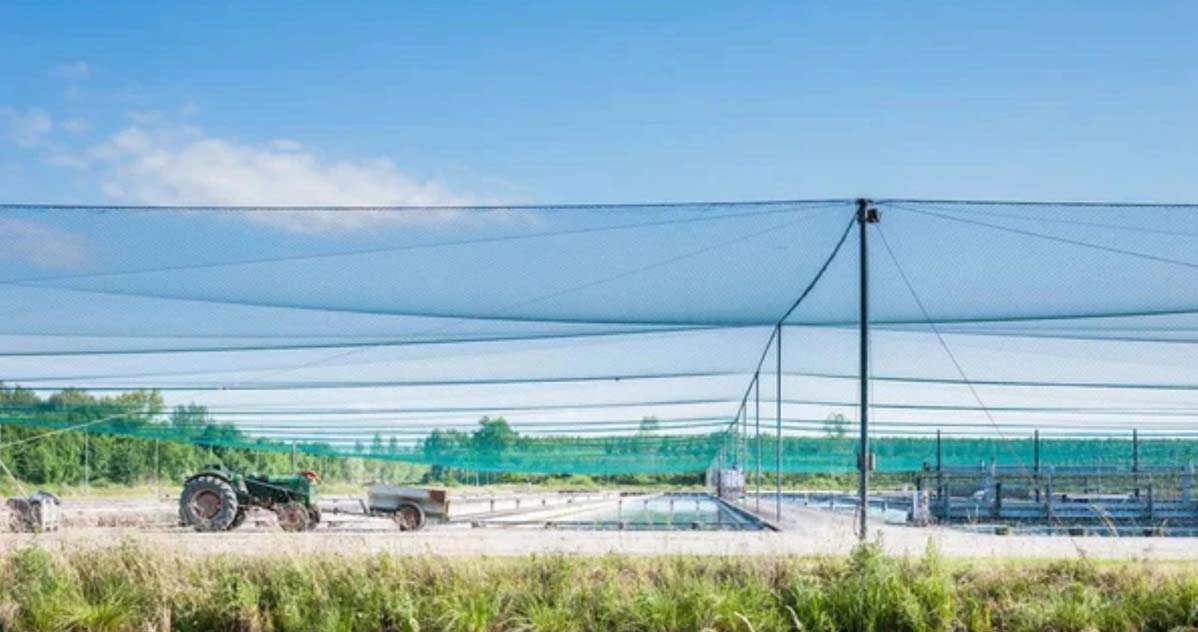Shams Power: Harnessing the Sun: Advantages of Commercial Rooftop Solar in Pakistan
Like many other countries, Pakistan faces numerous energy challenges that impact its economic growth and development. With a growing population and increasing energy demand, there is a pressing need to explore sustainable and renewable energy sources. One such solution that holds great potential is commercial rooftop solar power. Harnessing the sun's power, commercial rooftop solar systems offer several advantages for businesses and industries in Pakistan. In this blog, we will delve into the numerous benefits of adopting commercial rooftop solar in Pakistan.
Cost Savings
One of the primary advantages of commercial rooftop solar is the potential for substantial cost savings. Traditional energy sources, such as fossil fuels, are subject to price fluctuations and uncertainty in supply. On the other hand, solar energy is abundant and free. By installing solar panels on commercial rooftops, businesses can significantly reduce their dependence on grid-supplied electricity and lower their energy bills. With proper planning and implementation, companies can achieve complete energy independence, leading to long-term cost savings and financial stability.
Environmental Sustainability
The environmental impact of traditional energy sources is a growing concern globally. Fossil fuels contribute to air pollution, greenhouse gas emissions, and climate change. Commercial rooftop solar systems offer a clean and sustainable alternative. By switching to solar energy, businesses can significantly reduce their carbon footprint and contribute to a greener and more sustainable future. Solar power is a renewable energy source that produces no emissions during operation, making it an environmentally friendly choice for businesses in Pakistan.
Energy Security
Pakistan has experienced its fair share of energy shortages and power outages. These disruptions severely affect businesses, leading to productivity losses and hindering economic growth. Commercial rooftop solar systems provide a viable solution to address this issue. By generating electricity on-site, companies can ensure a consistent and reliable power supply, reducing their vulnerability to grid failures. This energy security allows businesses to operate smoothly during power outages, maintaining productivity and minimizing losses.
Long-Term Investment
Investing in a commercial rooftop solar system is a long-term strategy with a high return on investment. While the initial installation costs may seem substantial, the payback period for solar panels is typically within a few years. Once the system is installed, the electricity generated from solar energy is essentially free, resulting in significant savings over its lifetime. Solar panels also require minimal maintenance and have a lifespan of 25 years or more, making them a durable and reliable investment. Furthermore, businesses can benefit from the resale value of their solar-equipped properties, as solar installations are valuable assets in the real estate market.
Job Creation and Economic Growth
The adoption of commercial rooftop solar in Pakistan not only benefits businesses but also contributes to job creation and economic growth. Solar system installation, operation, and maintenance require a skilled workforce, generating employment opportunities in the renewable energy sector. The development of the solar industry can also attract foreign investments and stimulate economic activity. By embracing solar energy, Pakistan can establish itself as a regional leader in renewable energy, attracting international attention and fostering sustainable development.
Scalability
Commercial rooftop solar systems offer scalability, allowing businesses to expand their solar capacity as their energy needs grow. With modular design and easy integration, additional solar panels can be installed on the existing rooftop infrastructure without significant disruptions to operations. This scalability ensures businesses can adapt their solar systems to match their evolving energy requirements, making it a flexible and future-proof investment.
Grid Independence
Commercial rooftop solar systems can operate with the electrical grid through net metering. Excess solar energy generated during the day can be fed back into the grid, and businesses receive credits for the surplus energy produced. These credits can be utilized during periods of low solar generation or at night when the solar panels are not producing electricity. This grid independence reduces dependency on the traditional power grid and provides a reliable backup during inadequate sunlight.
Reputation and Corporate Social Responsibility
By embracing commercial rooftop solar, businesses can enhance their reputation and demonstrate their commitment to sustainability and corporate social responsibility. Consumers are increasingly conscious of the environmental impact of the products and services they support. Using renewable energy, businesses can attract environmentally conscious customers, investors, and stakeholders. A solar-powered business is seen as an industry leader and can differentiate itself from competitors, ultimately boosting its brand value and market positioning.
Reducing Peak Demand
Commercial buildings in Pakistan often experience peak demand periods, typically during daytime working hours. This high demand puts pressure on the electrical grid and can lead to increased electricity costs. Commercial rooftop solar systems help alleviate this strain by generating electricity precisely during these peak demand periods. By reducing reliance on grid-supplied electricity during peak times, businesses can reduce their overall energy costs and contribute to a more stable and efficient grid.
Minimal Land Requirement
Unlike large-scale solar farms, commercial rooftop solar systems utilize existing infrastructure, such as rooftops, which reduces the need for additional land. This advantage is particularly crucial in urban areas where available land is limited. By utilizing rooftops for solar panel installation, businesses can optimize space and efficiently use their property without infringing on agricultural or open land. Commercial rooftop solar is a practical solution for businesses in densely populated areas.
Technology Advancements and Cost Reduction
The cost of solar panels and associated equipment has steadily declined thanks to technological advancements and economies of scale. As solar technology continues to evolve, it is becoming increasingly affordable for businesses to adopt commercial rooftop solar systems. This trend makes solar energy an even more attractive and viable option for companies in Pakistan, ensuring that the benefits of solar power are accessible to a broader range of industries and organizations.
Conclusion
Commercial rooftop solar offers many advantages for businesses and industries in Pakistan. The benefits of harnessing solar energy are compelling, from cost savings and environmental sustainability to energy security and government incentives. By transitioning to solar power, businesses can reduce reliance on traditional energy sources, protect the environment, and ensure long-term financial stability. Additionally, the adoption of solar energy promotes job creation and economic growth, further strengthening the nation's position in the renewable energy sector. As Pakistan moves towards a cleaner and more sustainable future, commercial rooftop solar emerges as a powerful solution to meet its energy needs and pave the way for a brighter tomorrow.
.jpg)



.jpg)

Comments
Post a Comment